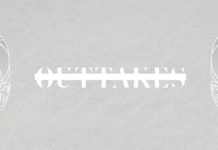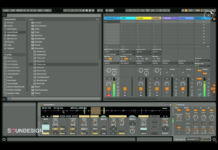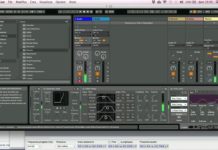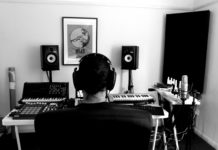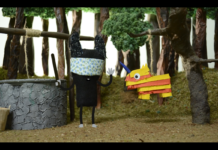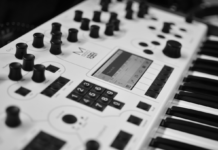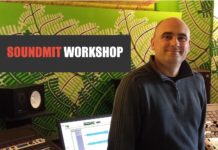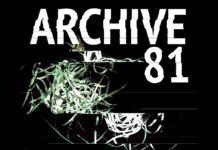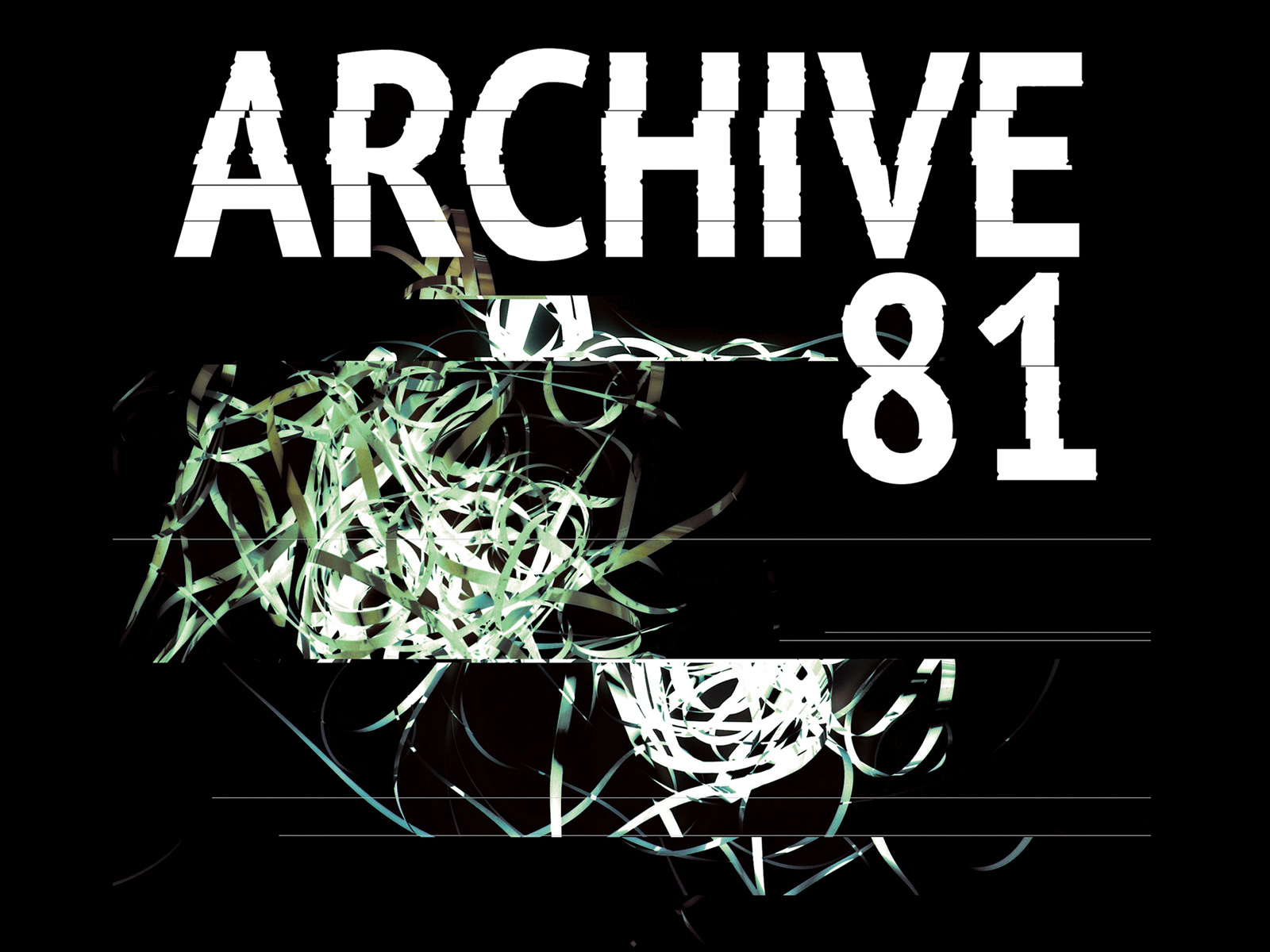“Three months ago Daniel Powell vanished. These are the tapes he sent me. If you know anything, please contact me at archive81podcast@gmail.com. New episodes will be released every other Wednesday.” This is the opening of the Archive 81 official website, a new vibrant audio project, written and created by Dead Signals, which is taking the audio storytelling to another level. A horror found footage story, or audio drama, that will take your breath away through the clever use of voice, sound design and various sonic elements.
Dead Signals is an audio company founded by Marc Sollinger and Daniel Powell, which is specialized in audio storytelling. We caught up with them and ask them a few questions to understand better this amazing project. Check the interview below.
Firstly, tell us a little bit more about Dead Signals. What was the idea behind this production company? And how and when have you decided to put together your two professional figures to give birth to this interesting project called Archive 81?
Marc Sollinger: With Dead Signals, Dan and I are trying to be on the cutting edge of audio drama. We’re experiencing a podcast renaissance right now, and there’s a market for really great stories told through sound. We want to create new, experimental, and exciting podcasts that show what great audio drama can do. To tell stories that can’t be told through any other medium.
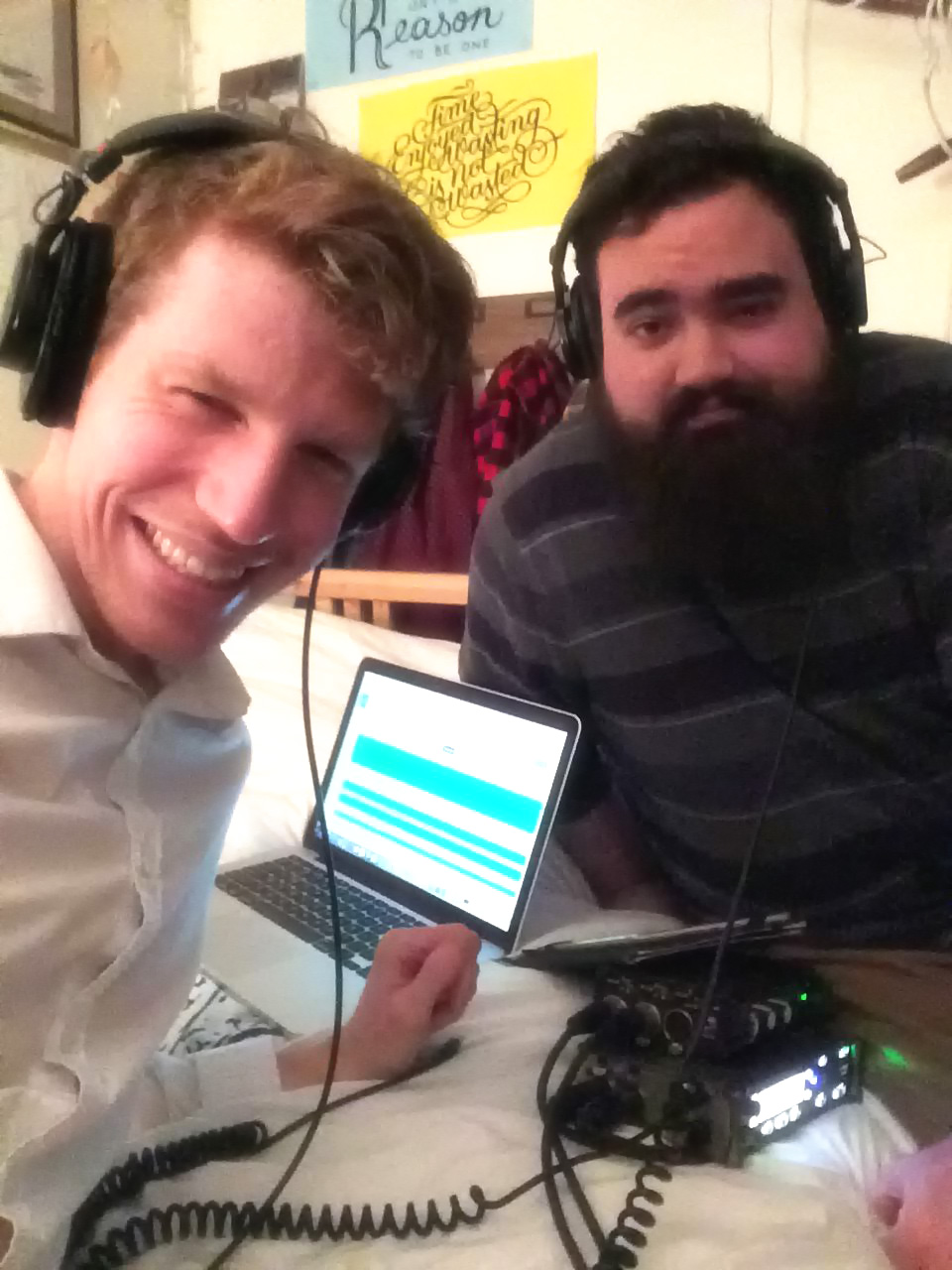
Was it just your love for storyÂtelling and radio that lead you to this project, or is there something else? Where did you get the inspiration from?
Daniel Powell: Marc and I do love radio and storytelling — we grew up on stuff like This American Life and Firesign Theater, and we’re avid devourers of many different podcasts. We’re also both big horror fans and we wanted to try our hand at telling a scary story. There’s a lot of suspenseful modern radio drama out there, but we feel there’s still a lot potential for different storytelling styles that haven’t been tried yet. I’m a huge fan of foundÂfootage horror movies, so the idea of a foundÂfootage story in audio form seemed like a good thing to try.
I personally have been playing with sound design and microphones since I was about eight years old, and I love projects that push my limits as a sound designer, so this was perfect for that.
Audio is certainly one of the most powerful means to achieve the result of getting a listener to stick to a story and capture every aspect of it, perhaps sometimes even more than visuals. Do you think that Archive 81 would have been as powerful as it is if it was created not in the form of an audio work?
DP: I do think Archive 81 is particularly suited to the radio drama — the physical act of listening to audio is a major part of the narrative. So the story works very naturally in its medium, but I could also see it working in writing, perhaps as a novel or serialized fiction project. I think a film version of the story would be difficult, but maybe an adaption involving archival film reels could work.
MS: Yeah, we definitely wanted to create something that worked best through sound. It is a story about recording, about listening, about tape hiss.
We heard the teaser that has been released on the 4th of April, and Episode 1, released on the 6th. It is pretty fascinating stuff, and very scary too. Why choosing to tell horror stories? Are you great fans of the genre, or did you think that this was a perfect choice for this project?
MS: I can’t speak for Dan, but I’m a huge fan of the horror genre. There’s a specific sub-genre of horror, weird fiction, that I’m particularly into. Writers like Thomas Ligotti and Laird Barron were huge influences on me when I dreamed up Archive 81. And I think audio is the perfect medium for horror. It gives the audience just enough context to be terrifying, but lets them use their imagination.
How did you find the perfect balance between spoken words/acting, sound design elements and music when writing these stories? Was it necessary sometimes to come back to the script and adjust some parts in order to make it more flowing and understandable?
DP: As with any of the performing arts, great writing and acting is key. You can have the best sound design in the world and no one will tune in if your script or delivery is garbage. From the beginning, we focused on making the script as good as possible. Marc wrote all ten episodes and I gave him editorial feedback on each one. We spent a lot of time reading through, revising and bugging our friends for feedback. This was a pretty exhaustive process, but we were well Âprepared when we went into the studio and didn’t have to make many script changes.
I made a point of conceptually planning out a lot of the sound design as I was reading the first drafts of the script — selecting palettes of SFX that seemed to evoke the situations the characters entered, sort of like the audio equivalent of a mood board. I made a spreadsheet of the key physical environments in the script and included a host of audio files associated to each one. This really helped to make the sound design and mix more seamless once we got to the editing stage.
Honestly, I’m of the opinion that there will always be a place for really great stories.
We just need to tell them in an engaging way.
What is the future of audio storyÂtelling? Will it be spread more and more, also outside traditional means such as the radio? How much will you think the internet will help in this process?
DP: As a 10 Âyears Âold, I was convinced Y2K would bring about the downfall of humanity, so I can’t speak well to my future prediction skills. Podcasting is in a special spotlight right now, and there seems to be a vested interest from both individuals and organizations in creating narrative audio.
Whether this leads to widerÂspread listenership or not, I have no idea. I think the niche communities that support independent radio will always be hungry for new content and experimentation, but as to whether creative nonÂmusicÂaudio will break through to more mainstream audiences  that’s tricky.
Here’s where I hope it will go: I hope we get more producers trying new things with audio fiction. I hope we get a more diverse range of people represented in the podcasting space. I hope someone makes a fiction podcast that’s as gripping as engaging as a major TV show. I hope I can keep listening to the radio that scares, moves, surprises and shocks me for as long as I’m alive.
MS: Honestly, I’m of the opinion that there will always be a place for really great stories. We just need to tell them in an engaging way.
Any new project after Archive 81? What have you got up your sleeve?
MS: We’ve got a lot of exciting things planned, but it all depends on how Archive 81 is received. If enough people like the first ten episodes, then we’ll definitely make a season 2. If not, we’ll concentrate on some of the other projects we have in the works. Right now, we’re in the planning stages of two original audio dramas: one’s a postÂapocalyptic adventure tale about a secret government base, the other’s a sciÂfi/horror thing about existential despair and loneliness. We’re going to get to these projects eventually no matter how Archive 81 is received… but we’d really love to keep making more Archive 81.
At the end of Episode 1, we hear Mark asking for help in order to find Dan, the protagonist of the story. That was a great narrative idea, how did you come up with it? What can we expect from the next episodes? How creepy and terrifying will it get?
MS: This sort of nested story actually has a long tradition in horror fiction. HP Lovecraft does it a lot, and I thought that it would serve to reinforce the themes of alienation and disconnection that we’re going for. As to what you can expect in the next few episodes, well, here’s a short list: an opera that shatters souls, a museum of paranormal objects, a vanishing, a meditation tour, and a very friendly rat. So… things are going to get pretty weird.
And if we make a season 2, well… things are going to get a lot more terrifying. And creepy. And personal.
- From San Francisco to the World: the sound of CMoore Sound - September 11, 2017
- Being a visual listener: an interview with sound designer and composer Chiara Luzzana - August 21, 2017
- The power of sound: an interview with Award Winning studio String And Tins - June 29, 2017





